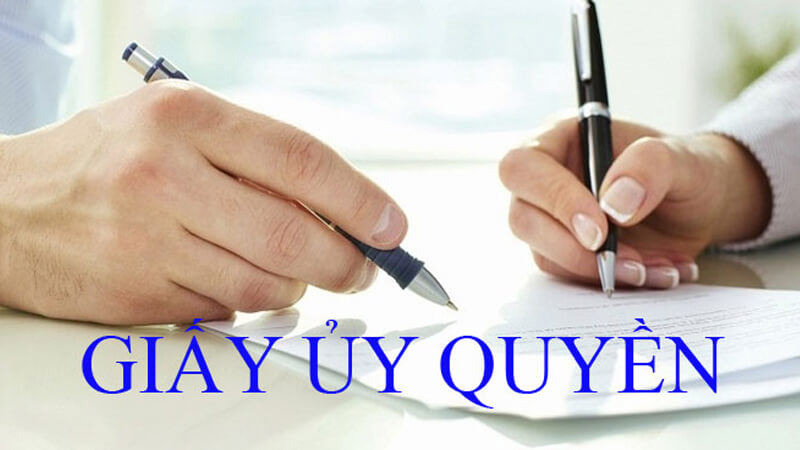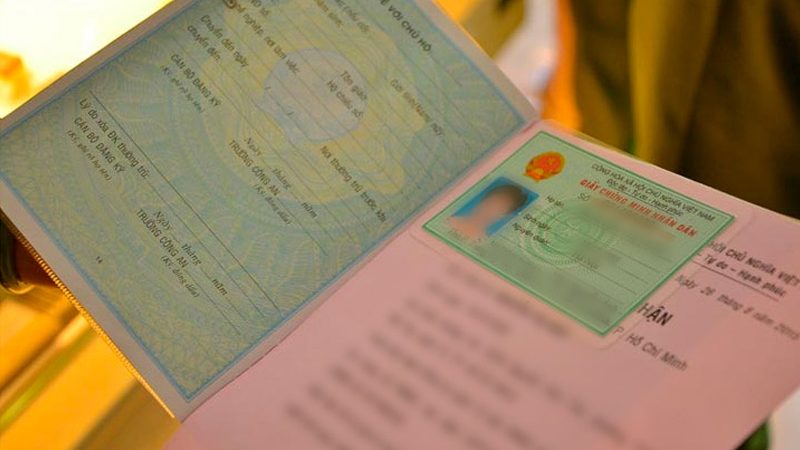A power of attorney is an indispensable legal document for individuals or organizations conducting business. This article will serve as your comprehensive guide to the latest procedures for creating a power of attorney in 2021. Stay tuned and keep reading!
1 Understanding Power of Attorney:
While there is no single official document that defines the concept, a power of attorney is referenced in specialized legal texts. It involves authorizing an individual or organization to act and make decisions on the grantor’s behalf, within the specified scope outlined in the document.
 Understanding Power of Attorney
Understanding Power of Attorney
Here are some key legal provisions regarding the execution of a power of attorney:
Article 107 of the Law on Intellectual Property clearly stipulates:
 Intellectual Property Law Article 107
Intellectual Property Law Article 107
1. Any authorization to carry out procedures related to the establishment, maintenance, renewal, amendment, termination, or cancellation of a protected title must be provided in writing and take the form of a power of attorney.
2. The power of attorney should include these essential details:
a) Full name and address of both the grantor and the authorized representative.
b) Clearly defined scope of authorization.
c) Term of authorization, specifying the duration.
d) Date of the power of attorney, indicating when it comes into effect.
e) Signature and seal (if applicable) of the grantor, signifying their agreement.
3. It’s important to note that a power of attorney without a specified term is considered valid indefinitely. However, it can be terminated at the grantor’s discretion by declaring the cancellation of the authorization.
According to Article 2 of Circular No. 04/2020/TT-BTP, any authorization must be provided in writing and notarized or certified as per legal requirements. An exception to notarization is made when the authorized representative is a direct relative (parents, spouse, children, or siblings) of the grantor.
2 Procedures for Creating a Power of Attorney:
Step 1: Document Preparation
 Prepare the Necessary Documents
Prepare the Necessary Documents
Documents required by the grantor:
– Identity card/passport and household registration book of the grantor. In cases of authorization regarding joint property, documents from both spouses are necessary.
– Marriage certificate, specifically when the authorization involves joint property, such as real estate.
– Certificate of ownership or other relevant documents, which could include a business registration certificate, invitation letter, or summons.
Documents required by the authorized representative:
– Identity card or passport of the individual serving as the authorized representative.
– Household registration book of the authorized representative.
Step 2: Submission
Submit the prepared documents to the receiving officer for further processing.
Step 3: Notarization or Certification
 Notarization or Certification Process
Notarization or Certification Process
If notarization is not a requirement for the specific power of attorney, this step can be skipped. Otherwise, proceed to the next part.
After gathering all the necessary documents, the grantor should contact a notary public or the People’s Committee to initiate the notarization or certification process for the power of attorney/authorization contract.
Step 4: Payment and Receipt
The applicant completes the process by paying the prescribed notarization fee and receiving the notarized power of attorney along with an official receipt.
This article aims to provide you with valuable information to navigate the authorization process effectively. We hope it helps!
You may also like:



































